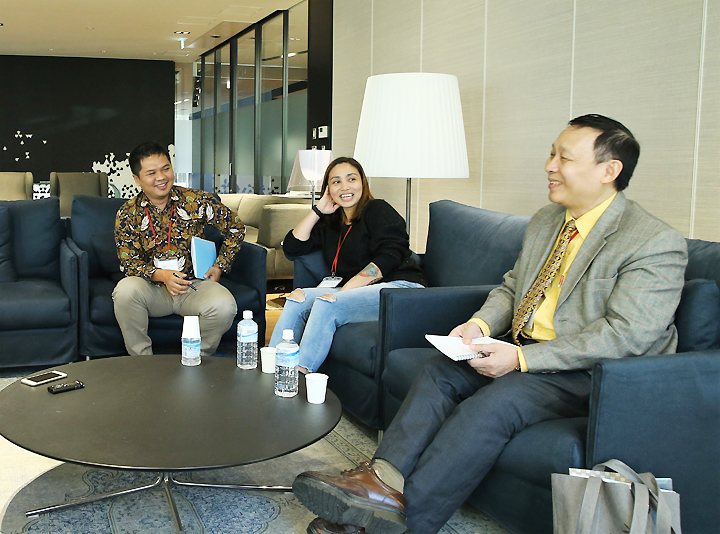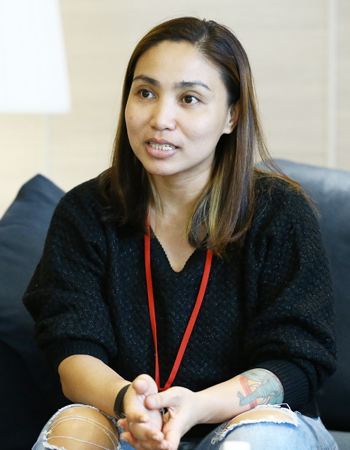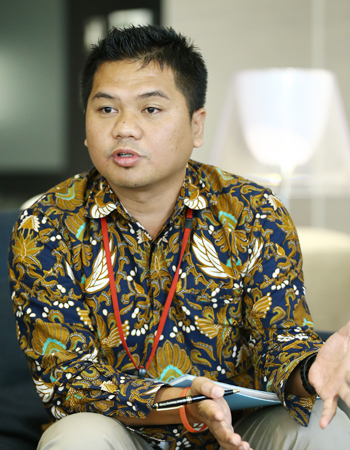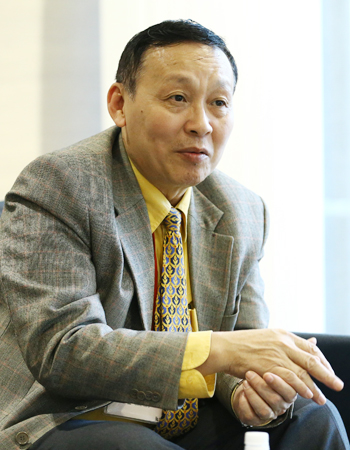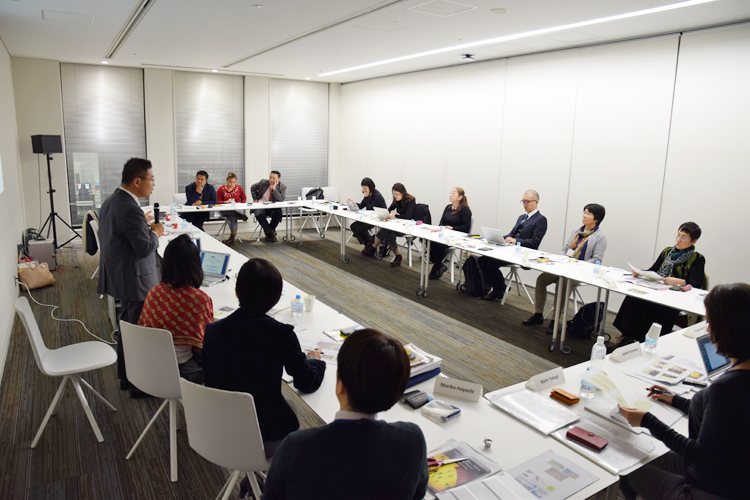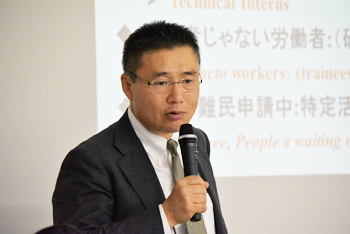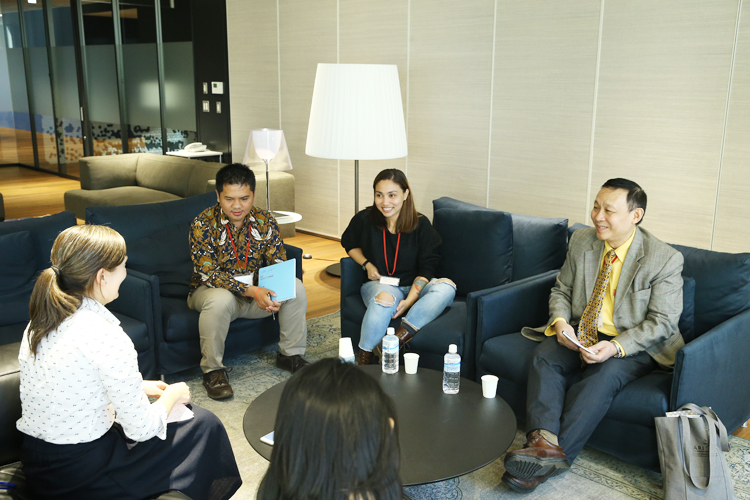As part of this effort, SPF invited three migration and human rights experts from countries that send a large number of migrant workers to Japan – Indonesia, the Philippines, and Vietnam – to meet with advocates, academics, and other stakeholders in Japan. The three participants were Mr. Daniel Awigra, program manager for ASEAN Advocacy with the Human Rights Working Group (HRWG) in Indonesia; Ms. Cecile Pauline Sanglap Montenegro, president of Batis-AWARE (Association of Women in Action for Rights and Empowerment) in the Philippines; and Mr. Vu Ngoc Binh, senior advisor at the Institute for Population, Family and Children Studies (IPFCS) in Vietnam. Over the course of a week from the end of November to early December, the three participants attended a series of workshops and field visits in Osaka, Kobe, Yokohama, and Tokyo.
When discussing the inspiration behind this new initiative, Fumiko Okamoto, director and senior program officer for the Asia Social Integration Department at SPF, explained that her group was impressed with the advocacy work in ASEAN, but noticed a lack of coordination with Japanese NGOs working on similar issues. "If civil society in both sending countries and receiving countries understand the issues, we can collaborate with each other to improve the situation," said Ms. Okamoto, noting that SPF as a private foundation has the ability to connect these actors. Mariko Hayashi, program officer for the Asia Social Integration Department, also observed that often non-government actors in sending countries and receiving countries tend to focus only on their direct concerns without grasping the bigger picture. These countries "need to know what's happening before migrants come here, what happens to the families and communities left behind, and what happens after they go back" said Ms. Hayashi. "Migration is really continuous, so that's why we think there should be more of a network between the sending countries and receiving countries." With this visit as a first step, the program is poised to welcome participants from a variety of countries and possibly bring Japanese civil society stakeholders to ASEAN countries to deepen regional networks moving forward.
